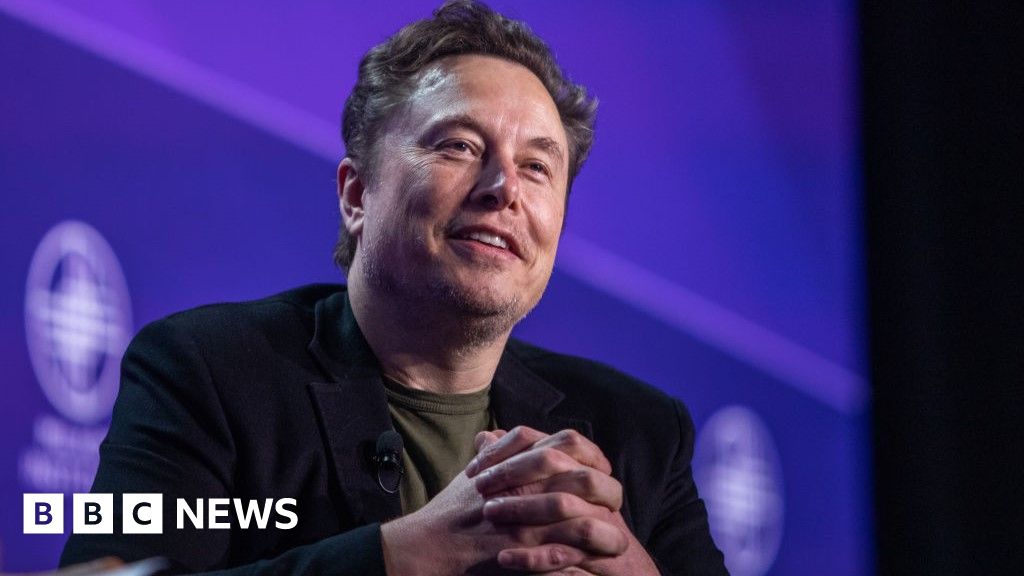You have a preview view of this article while we are checking your access. When we have confirmed access, the full article content will load.
The two governments said they will coordinate more on defense, with British and German troops conducting joint military exercises on NATO’s eastern border.

Oct. 22, 2024, 5:30 p.m. ET
Britain and Germany have agreed to strengthen military cooperation and develop sophisticated weapons in a move that reflects growing concern in Europe over global security threats, particularly from Russia.
Under the terms of the pact, the two countries will coordinate more on mutual defense, with British and German troops conducting joint military exercises on NATO’s eastern border with Russia, and protecting vital underwater cables that carry data beneath the North Sea. German P-8 planes — which can detect and destroy submarines — will operate from an air base in Scotland.
John Healey, Britain’s defense secretary, described the deal as “a milestone moment in our relationship with Germany” and said it would bolster European security.
Ahead of a signing ceremony in London on Wednesday, Boris Pistorius, Germany’s defense minister, said in a statement that the countries could not afford to “take security in Europe for granted. Russia is waging war against Ukraine, it is increasing its weapons production immensely and has repeatedly launched hybrid attacks on our partners in Eastern Europe.”
Both countries say that their deal will strengthen the European component of NATO, the mutual defense alliance of which they are members. It comes at a time of growing nervousness in European capitals about the security implications of a possible victory for Donald J. Trump in next month’s U.S. presidential election — particularly with regard to continuing America’s support for Ukraine.
Mr. Trump alarmed Western allies in February by saying that he would encourage Russia to “to do whatever the hell they want” to NATO countries that didn’t pay enough into the alliance, comments that threatened to undermine the collective defense clause under which all NATO members agreed to regard an attack on one as an attack on all.

 By The New York Times (World News) | Created at 2024-10-22 21:35:07 | Updated at 2024-10-22 23:21:28
1 hour ago
By The New York Times (World News) | Created at 2024-10-22 21:35:07 | Updated at 2024-10-22 23:21:28
1 hour ago




